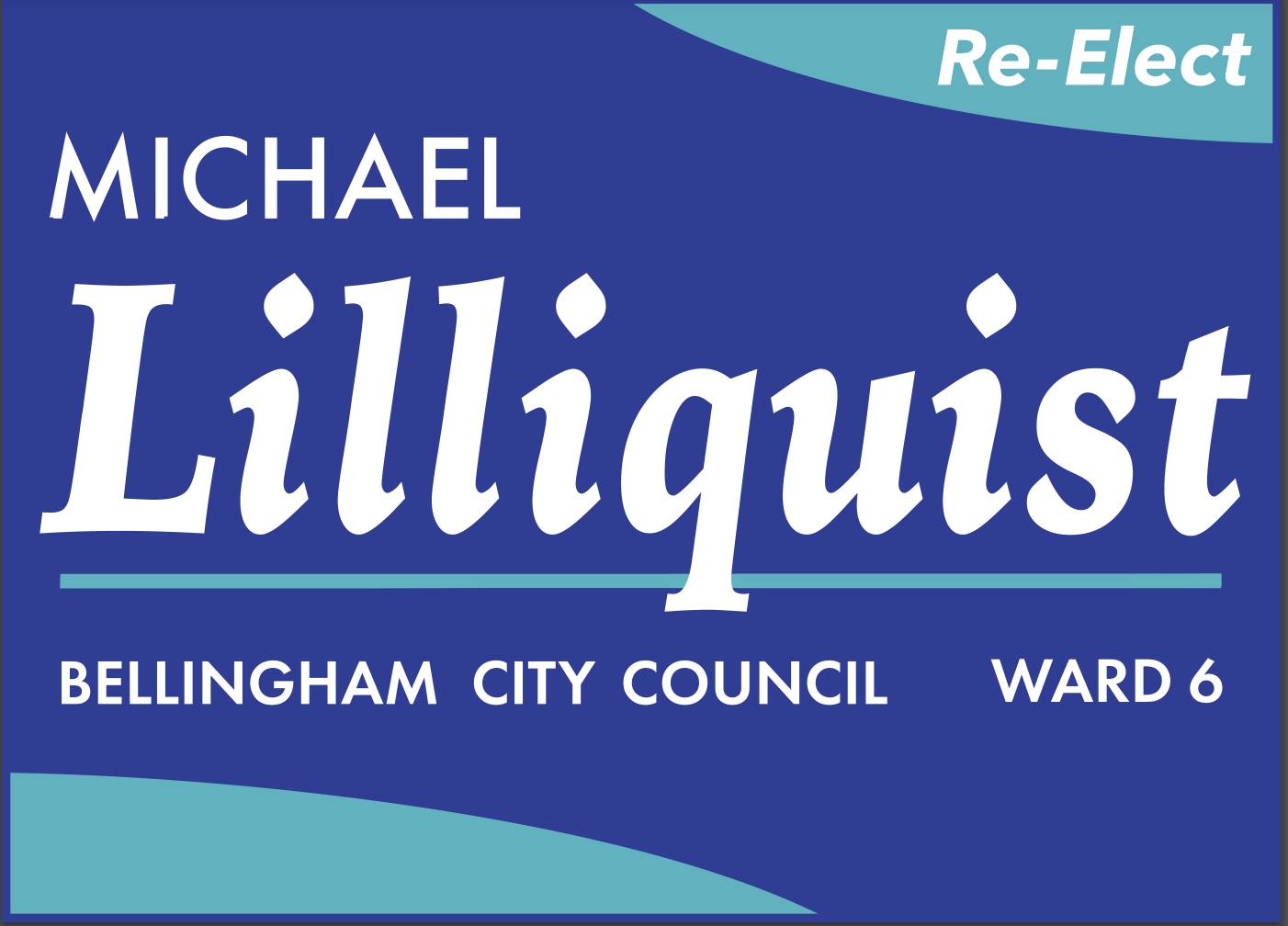I believe in fairness and inclusion, because we are all in this together and each of us deserves respect and opportunity. To me, this means that every neighborhood is a good place to live, with good parks and safe streets. It also means that we reduce regressive tax practices, such the utilities tax.
Justice
Fighting for Justice means every person is respected and protected by our law enforcement.
Even before the Trump administration threats, the City of Bellingham Police officially adopted a policy that we do not ask about or investigate any matters related to federal immigration status. The reason is simple: We are all safer when every person feels he or she can call 911 and get help or report a crime.
But we cannot lie and give false hope. No city can prevent ICE from using its own authority to pursue alleged undocumented residents. The City cannot force the federal government to honor DACA commitments, and cannot compel immigration agents to focus only on criminal immigrants and leave law-abiding people alone.
Bellingham has led the County on judicial reforms, such as pre-trial release through electronic home monitoring, alternative court systems based on a restorative and therapeutic model. Each person is valued, and the goal is to return people to the right path, not stigmatize and burden with a criminal record, job loss, and disruption of family life.
Most recently, I led the effort to re-balance the County’s approach to the jail, fighting to secure over $30 million for support of programs that reduce incarceration and break the cycles of addition, substance abuse, and behavior problems that land too many people in jail. This is a huge change, and an important victory for our community. Right now, we are stuck with an aging and out-of-date County jail that we need to rebuild — but a new jail is not the full answer. Crimes rates have been dropping, but jail populations are up. We need to treat the root causes that land people in jail, and keep them there. Our community is safer when there are fewer people committing crimes, not when there are more people in jail.
Equity
I believe in fighting for equity, so that every neighborhood is a good place to live, and so that taxes and costs are shared fairly.
I believe in fairness and inclusion, because we are all in this together and each of us deserves respect and opportunity. To me, this means that every neighborhood is a good place to live, with good parks and safe streets. It also means that we reduce regressive tax practices, such the utilities tax.
I took the lead to leave behind the simplistic and useless way we measure parks “level of service” by measuring total gross acreage, to move instead to a modern computer-mapping based tools that measure accessibility, availability, and social and economic need. By determining true need area-by-area, we will be able to justify spending based on social equity and public values. This also means that we can avoid acquiring more than we can afford to maintain, and in the wrong locations. Keeping costs down with targeted acquisitions also means lower park impacts fees – which can ease the way for more housing development.
I support reforms of basis tax structure – such as raising the B&O Tax cutoff, to helping the smallest businesses, and cutting the single-most regressive tax in the City – the utilities tax. On heating and lights, on water and sewer service.
One of my current projects is to push for a first-ever look, area-by-area and neighborhood-by-neighborhood, who pays taxes to support public services, and where do we spend those funds. Strong Towns finds that big economic development and public works projects are often aimed at newer parts of towns – malls or business parks, while older commercial neighborhoods may actually be more vibrant and depend less on public subsidy.
So far, I have been to lone voice in City Hall to call for tax reform to reduce the regressive utility tax on necessities such as heating, electricity, water and sewer service. This tax burden falls most heavily on those with the lowest income. I have urged the Council and the Mayor to consider a revenue neutral solution involving a reduction in this tax in association with a voter-approved property tax levy lift, and fought to keep it “on the list” while we consider major changes for greater financial sustainability.
Along with the rest of the city council, I fought against the County’s unfair scheme to pay for a new jail. We rejected the proposal to years ago which would have double-charged the citizens of Bellingham, and asked us to pay 22% of jail costs, when our inmates are only 12-14% of the population. And that percentage is growing down, thanks to new programs for pre-trial release for non-violent offenders and for jail alternatives for people troubled by mental illness or substance dependencies. By resisting the criminalization of behavior problems, we save money, restore hope and dignity, and reduce the chances of people getting in trouble with the law in the future.







